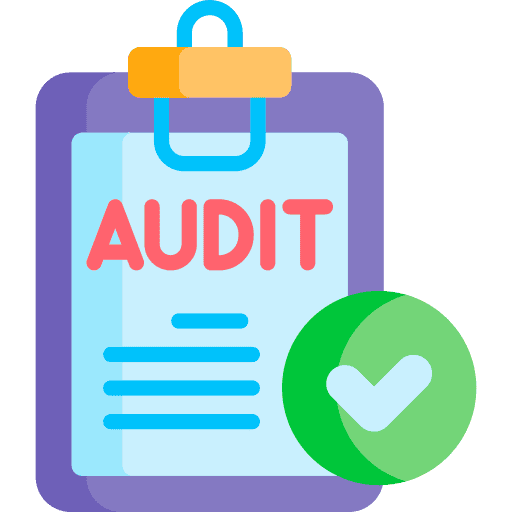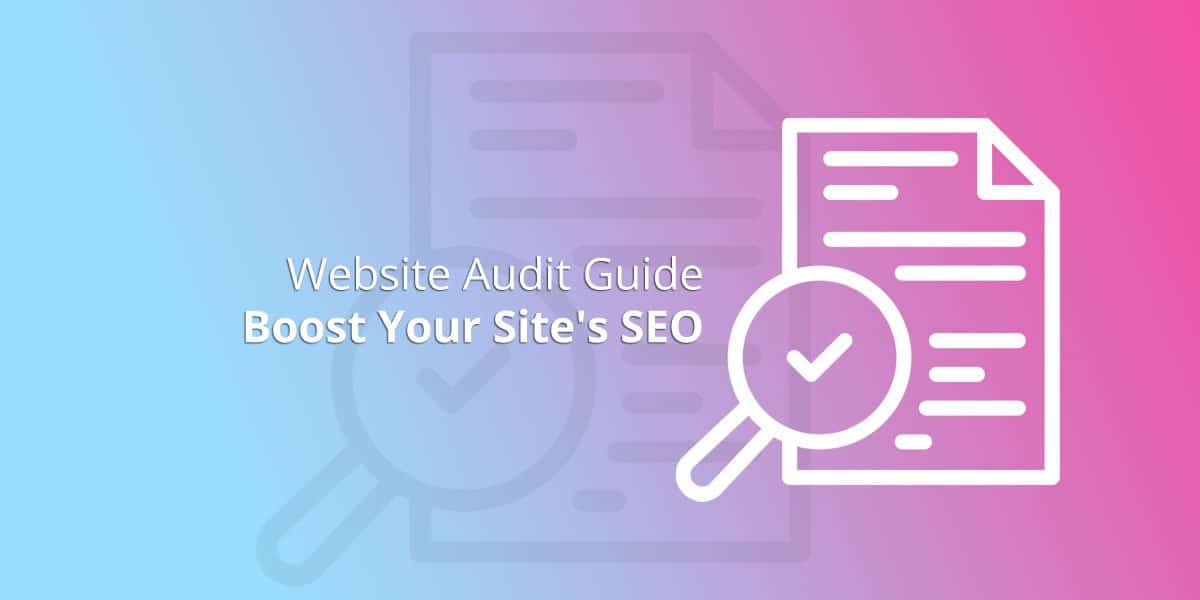 In today’s digital era, your website acts as the frontline for your business, making it imperative to ensure it operates at peak efficiency. A website audit is not just a routine check-up; it’s a crucial evaluation to enhance the effectiveness, efficiency, and visibility of your online presence. This guide will introduce you to the basics of conducting a website audit, highlighting why you might even consider getting professional help to optimize your website performance.
In today’s digital era, your website acts as the frontline for your business, making it imperative to ensure it operates at peak efficiency. A website audit is not just a routine check-up; it’s a crucial evaluation to enhance the effectiveness, efficiency, and visibility of your online presence. This guide will introduce you to the basics of conducting a website audit, highlighting why you might even consider getting professional help to optimize your website performance.
What is a Website Audit?
A website audit is a complete analysis of all the factors that affect a website’s visibility in search engines. This comprehensive process is essential to identify any underlying problems affecting organic search performance.
Key Components of a Basic Website Audit
Technical Audit
This checks the technical aspects of your website, ensuring that it is built according to the current web standards and can be easily crawled and indexed by search engines.
Content Audit
Assessing the quality and relevance of the site content to ensure it aligns with user needs and SEO practices.
SEO Audit
Analyzing on-page and off-page SEO strategies to improve rankings in search engine results pages (SERPs).
Usability Audit
Evaluating the user experience (UX) to ensure the site is user-friendly and accessible to all users.
 Step-by-Step Guide to Conducting a Basic Website Audit
Step-by-Step Guide to Conducting a Basic Website Audit
Step 1: Review Website Structure
Look at how pages are organized and interconnected to ensure logical structuring that benefits user navigation and SEO.
Step 2: Analyze Content Quality
Check for relevance, readability, and engagement of the content. High-quality content is crucial for retaining visitors and improving SEO.
Step 3: Assess SEO Effectiveness
Evaluate keywords, meta tags, and link health to ensure best practices for SEO are followed.
Step 4: Evaluate Technical Performance
Analyze load times, mobile-friendliness, and secure connections (HTTPS).
Step 5: Check for Usability
Ensure the website is easy to use, with intuitive navigation and accessible design.
Tools and Resources for Website Auditing
Utilizing tools like Google Analytics, SEMrush, or Ahrefs can provide insights into traffic patterns, backlink quality, and more.
Common Issues Uncovered During Website Audits
From broken links to outdated content, a website audit can uncover a range of issues that might be hindering your site’s performance.
Benefits of Regular Website Audits
Regular audits help keep your site updated and aligned with the best digital practices, directly impacting your traffic and user engagement.
Why Hire a Professional for Your Website Audit?
Professionals bring expertise that can identify complex issues quickly and accurately, offering solutions that are more effective.


 Step-by-Step Guide to Conducting a Basic Website Audit
Step-by-Step Guide to Conducting a Basic Website Audit



